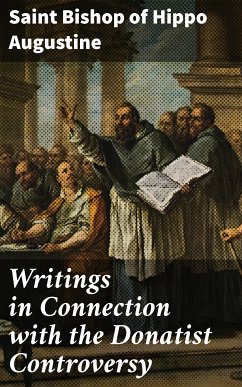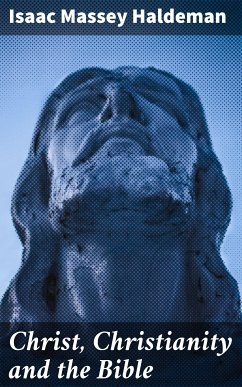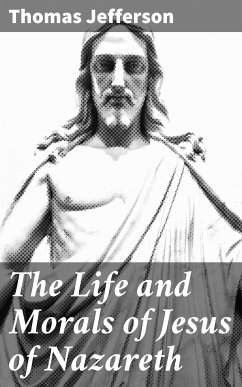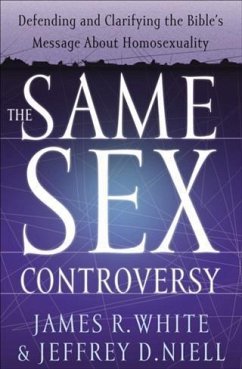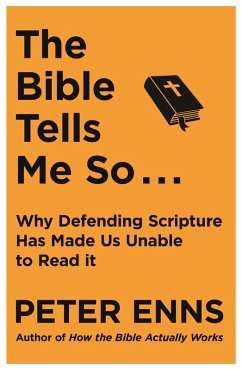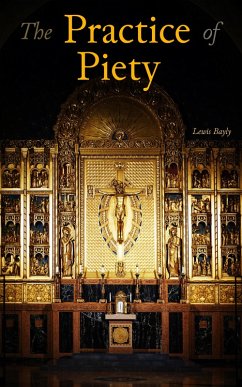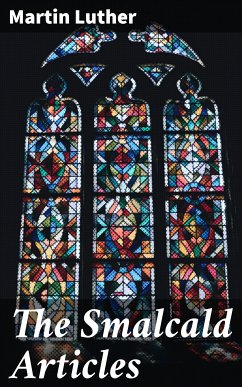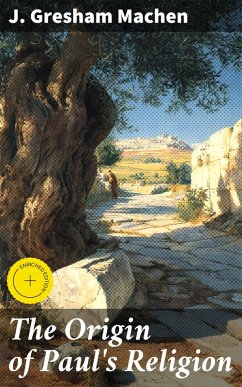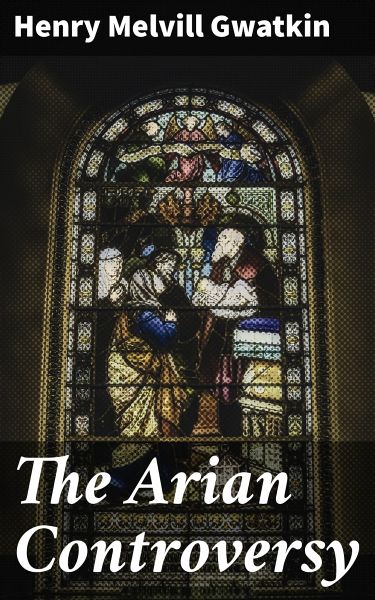
The Arian Controversy (eBook, ePUB)
Enriched edition. Unraveling the theological debates: Origins, players, and impact of Arian controversy in early Christianity
Kommentar: Dawson, Dean / Redaktion: Good Press

PAYBACK Punkte
0 °P sammeln!
In "The Arian Controversy," Henry Melvill Gwatkin elucidates the theological and historical dimensions of one of early Christianity's most critical debates: the nature of the relationship between God the Father and Jesus Christ. Gwatkin employs a meticulous scholarly approach, blending rich historical narrative with theological analysis. His examination situates the controversy within the broader context of early Christian thought, addressing key figures such as Arius and Athanasius, while exploring the implications of Arianism on the Nicene Creed and subsequent ecclesiastical developments. Gw...
In "The Arian Controversy," Henry Melvill Gwatkin elucidates the theological and historical dimensions of one of early Christianity's most critical debates: the nature of the relationship between God the Father and Jesus Christ. Gwatkin employs a meticulous scholarly approach, blending rich historical narrative with theological analysis. His examination situates the controversy within the broader context of early Christian thought, addressing key figures such as Arius and Athanasius, while exploring the implications of Arianism on the Nicene Creed and subsequent ecclesiastical developments. Gwatkin's prose deftly navigates through complex doctrinal intricacies, making the content both accessible and engaging for scholars and lay readers alike. Gwatkin, an esteemed church historian with a profound interest in the early church, brings a scholarly rigor to this work that is informed by his extensive studies in patristics and ecclesiastical history. His background as a theologian and educator underpins his interest in the intersection of faith and reason during the formative years of Christianity. This unique perspective enables him to engage deeply with the philosophical underpinnings of the Arian debate, offering fresh insights into an often-misunderstood historical schism. This book serves as an essential resource for anyone seeking to understand the complexities of early Christian doctrine. Gwatkin's balanced analysis and thoughtful conclusions invite readers to reflect on the enduring legacy of the Arian controversy and its implications for contemporary theological discourse. A must-read for theologians, historians, and anyone intrigued by the evolution of Christian beliefs. In this enriched edition, we have carefully created added value for your reading experience: - Hand-picked Memorable Quotes shine a spotlight on moments of literary brilliance. - Interactive footnotes clarify unusual references, historical allusions, and archaic phrases for an effortless, more informed read.
Dieser Download kann aus rechtlichen Gründen nur mit Rechnungsadresse in A, B, BG, CY, CZ, D, DK, EW, E, FIN, F, GR, H, IRL, I, LT, L, LR, M, NL, PL, P, R, S, SLO, SK ausgeliefert werden.




